Cats, with their enigmatic personalities and independent natures, can sometimes present behaviors that hint at underlying emotional insecurities. Whether it’s hiding under the bed during social gatherings or displaying signs of stress when left alone, emotionally insecure cats require understanding and patience. This guide explores ways to foster a secure environment and strengthen the bond with your feline companion. Let’s embark on a journey to help your cat heal from emotional insecurity.
Understanding Emotional Insecurity in Cats
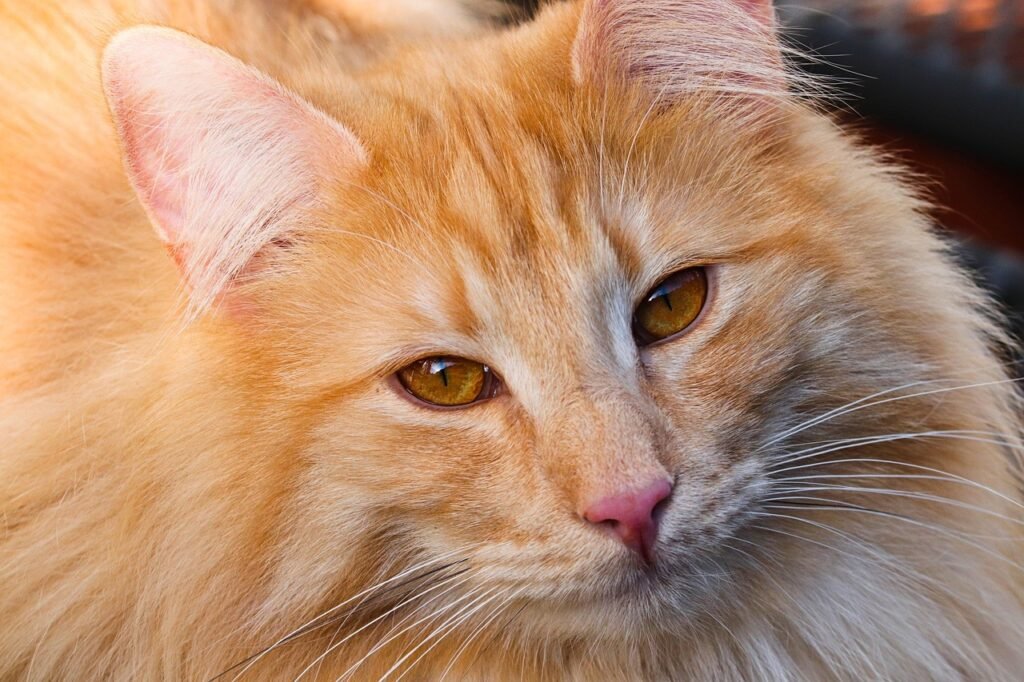
Emotional insecurity in cats often manifests through behaviors like excessive hiding, aggression, or inappropriate elimination. It’s crucial to recognize these signs as indications of distress rather than misbehavior. Understanding the root causes, such as past trauma, changes in environment, or lack of socialization, can provide insight into addressing these issues effectively.
Creating a Safe and Comfortable Environment
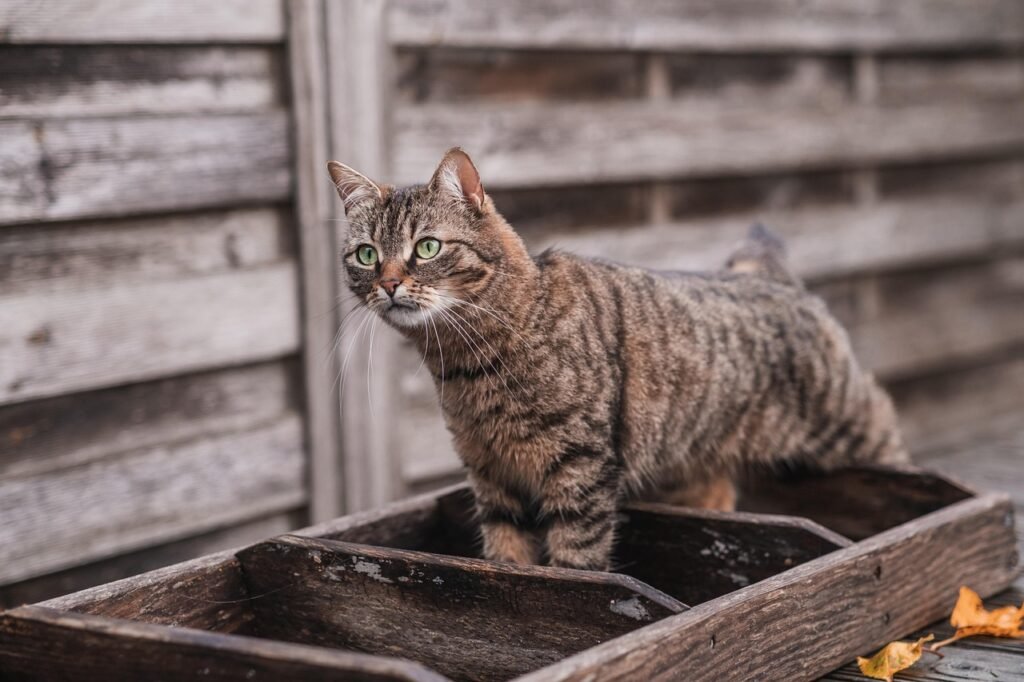
Creating a secure home environment is fundamental in helping your cat feel at ease. This includes providing hiding spaces where your cat can retreat when feeling overwhelmed and ensuring that their food, water, and litter are easily accessible and positioned in quiet, low-traffic areas of the home. Consistency and routine can also offer reassurance to your feline friend.

Enhancing Your Cat’s Socialization Skills
Socialization is pivotal for boosting a cat’s confidence. Slowly introduce your cat to new people, pets, and environments to expand their comfort zone. Offering treats and positive reinforcement during these interactions can encourage your cat to associate new experiences with safety and pleasure, reducing feelings of insecurity over time.

Engaging in Play and Exercise
Regular playtime and exercise can alleviate stress and promote emotional well-being. By engaging your cat in interactive play sessions with toys like feather wands or laser pointers, you provide not only a physical outlet but also strengthen the bond between you and your cat, enhancing their sense of security.
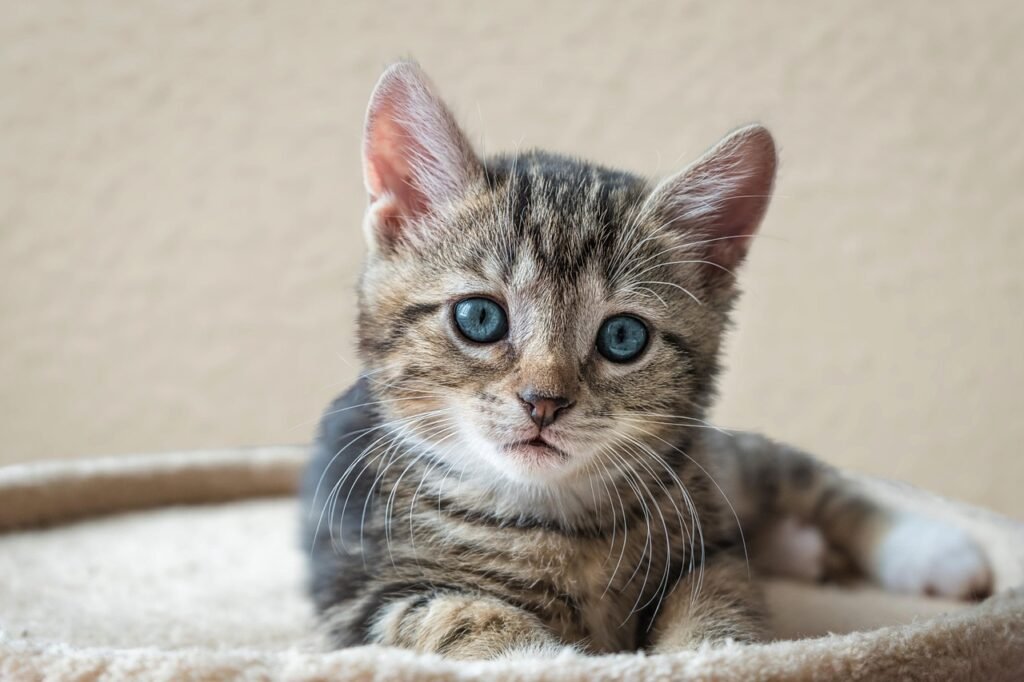
Using Calming Products and Tools
A variety of calming products, such as pheromone diffusers and sprays, are available to help soothe anxious cats. These products release synthetic versions of feline facial pheromones, which can serve to calm and comfort your cat, creating an environment that feels safe and secure.
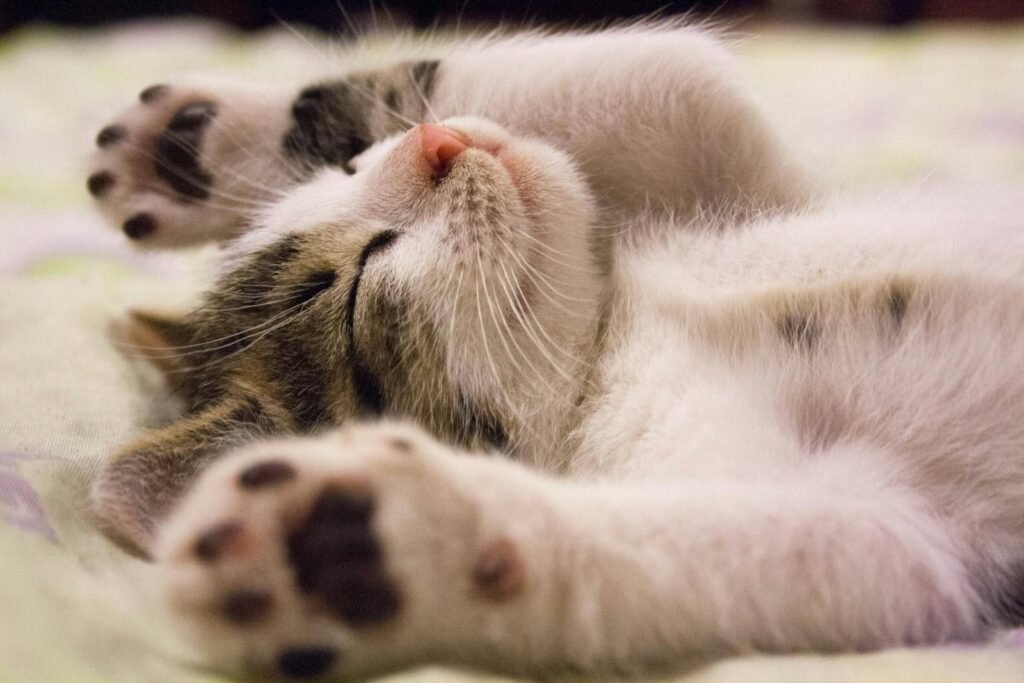
Nurturing Patience and Gentle Handling
It’s important to approach your cat with patience and gentle handling, especially when they’re exhibiting signs of insecurity. By speaking softly, avoiding sudden movements, and respecting their personal space, you help build trust and reinforce their sense of safety. Over time, even the most insecure cats can begin to feel more at ease.
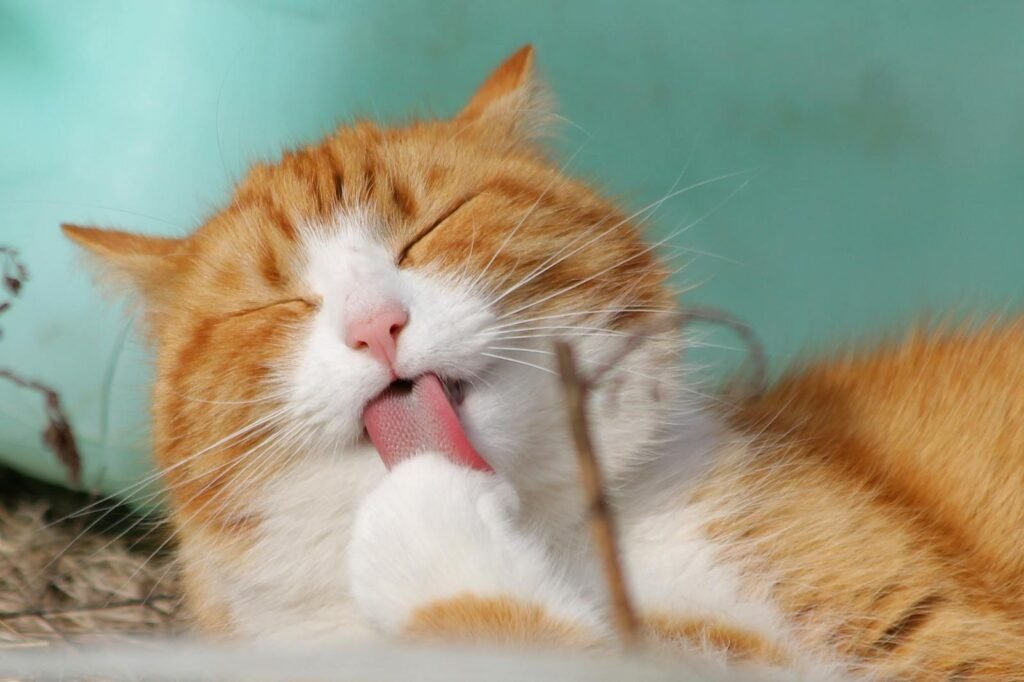
Recognizing and Reinforcing Positive Behavior
Whenever your cat shows signs of improvement, such as remaining calm in a previously stressful situation, offer positive reinforcement. This might include treats, petting, or soft praise. Reinforcing these behaviors can encourage further progress and boost your cat’s confidence and security.
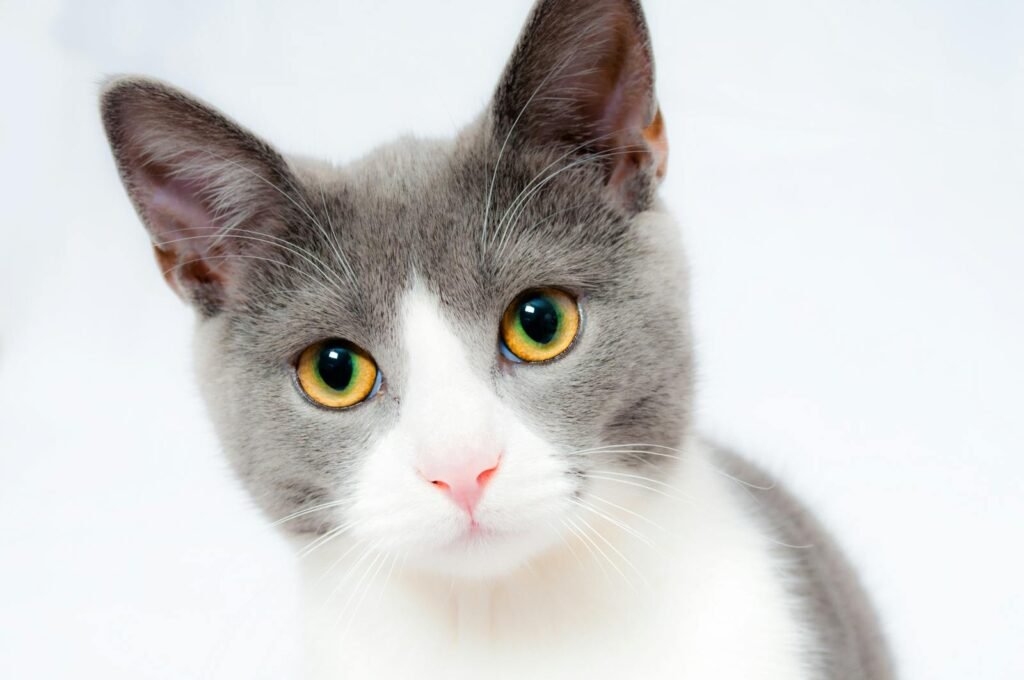
Monitoring Health and Stress Levels
Regular veterinary check-ups are essential for ensuring your cat’s overall health and preventing illness-related behavioral changes. Discussing stress-related behaviors with your vet can help identify any underlying health issues. Additionally, maintaining a stress-free home environment can significantly impact your cat’s emotional stability.
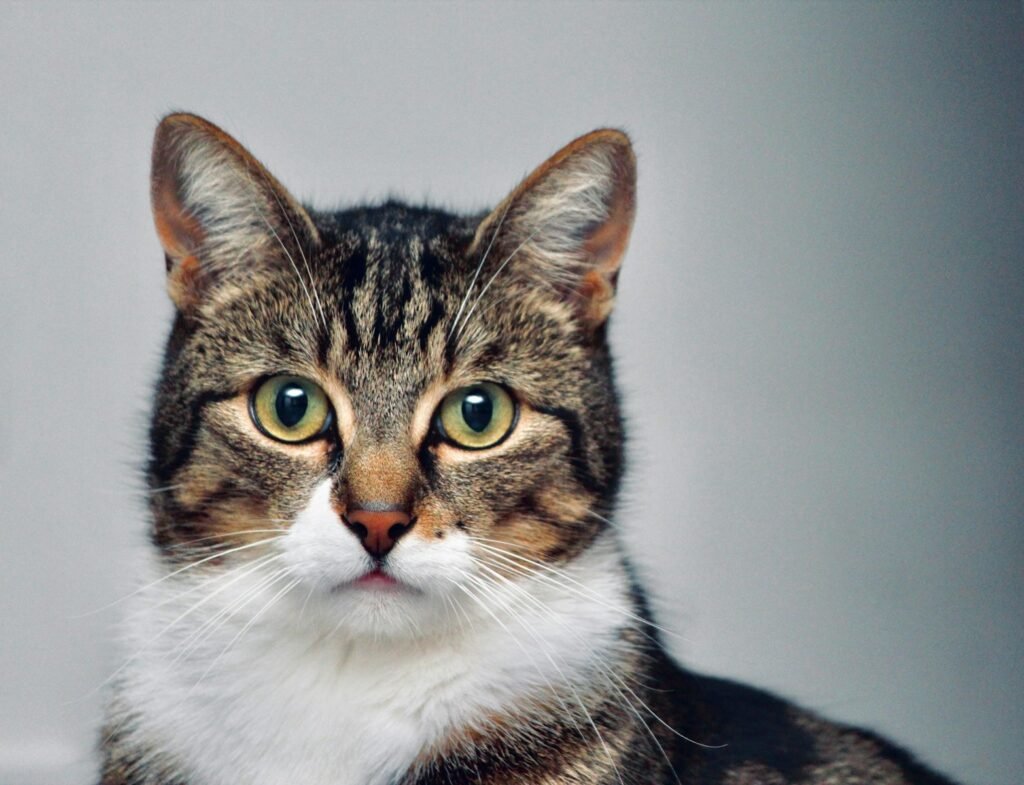
Seeking Professional Help When Necessary
If your cat’s emotional insecurity seems overwhelming or unmanageable, consider consulting a professional animal behaviorist. These specialists can provide personalized strategies and interventions to help address and alleviate severe anxiety and insecurity in cats, ensuring they lead a happy, stress-free life.
###
Conclusion
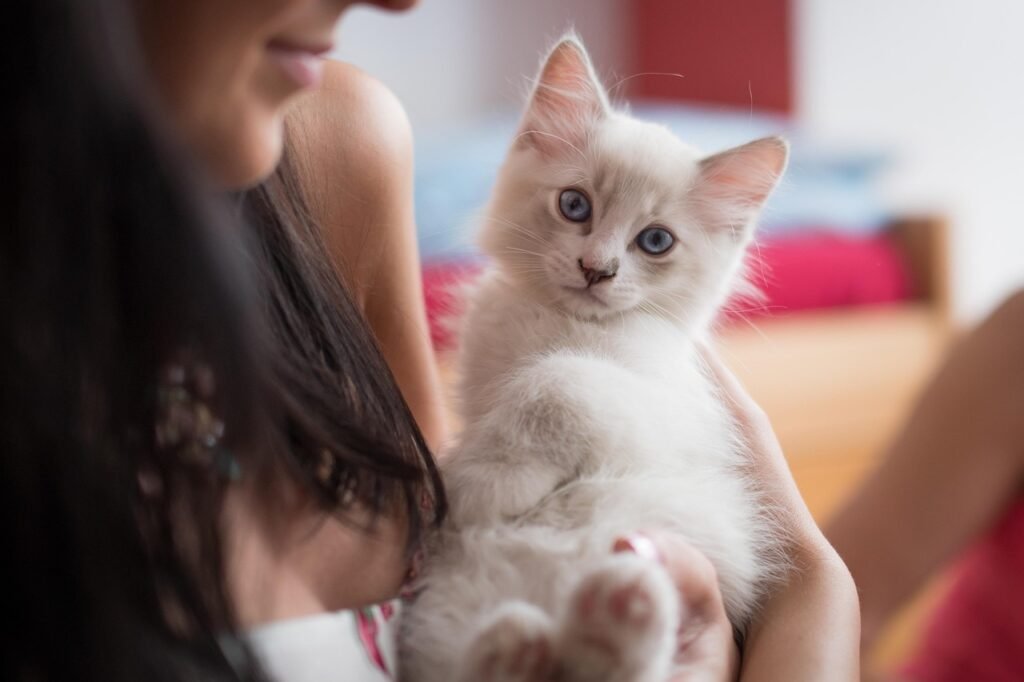
Healing emotional insecurity in cats requires time, love, and a commitment to understanding their unique needs. By creating a secure environment, enhancing social interactions, and employing tools that promote calmness, you can help your feline feel more comfortable and confident in their world. Remember, the journey toward emotional healing is a gradual one, but with patience and dedication, your cat will thrive, revealing the loving and trusting companion within.
Hi, I’m Bola, a passionate writer and creative strategist with a knack for crafting compelling content that educates, inspires, and connects. Over the years, I’ve honed my skills across various writing fields, including content creation, copywriting, online course development, and video scriptwriting.
When I’m not at my desk, you’ll find me exploring new ideas, reading books, or brainstorming creative ways to solve challenges. I believe that words have the power to transform, and I’m here to help you leverage that power for success.
Thanks for stopping by, Keep coming to this website to checkout new articles form me. You’d always love it!





